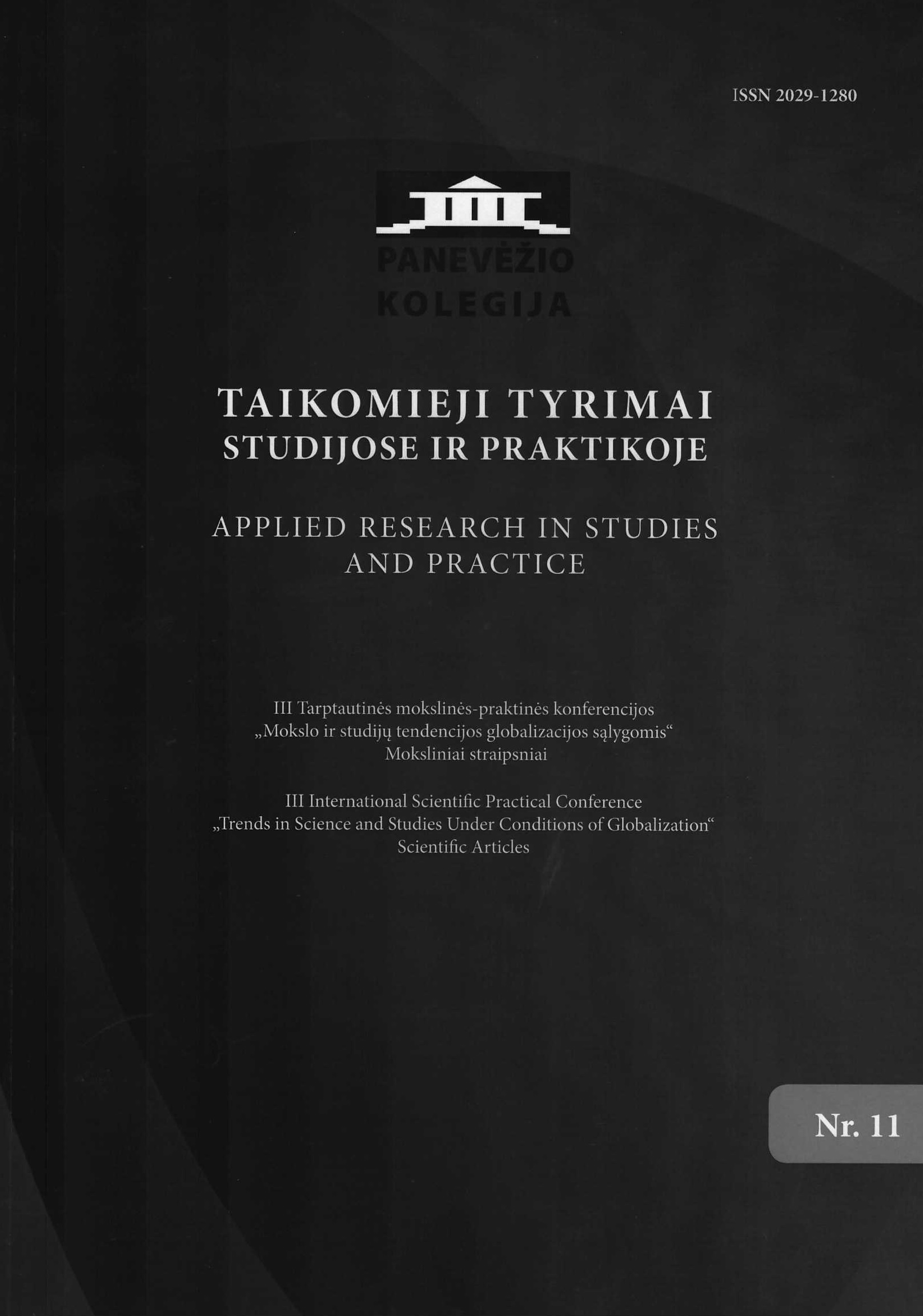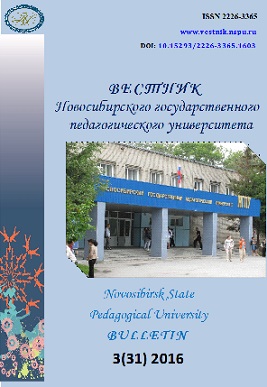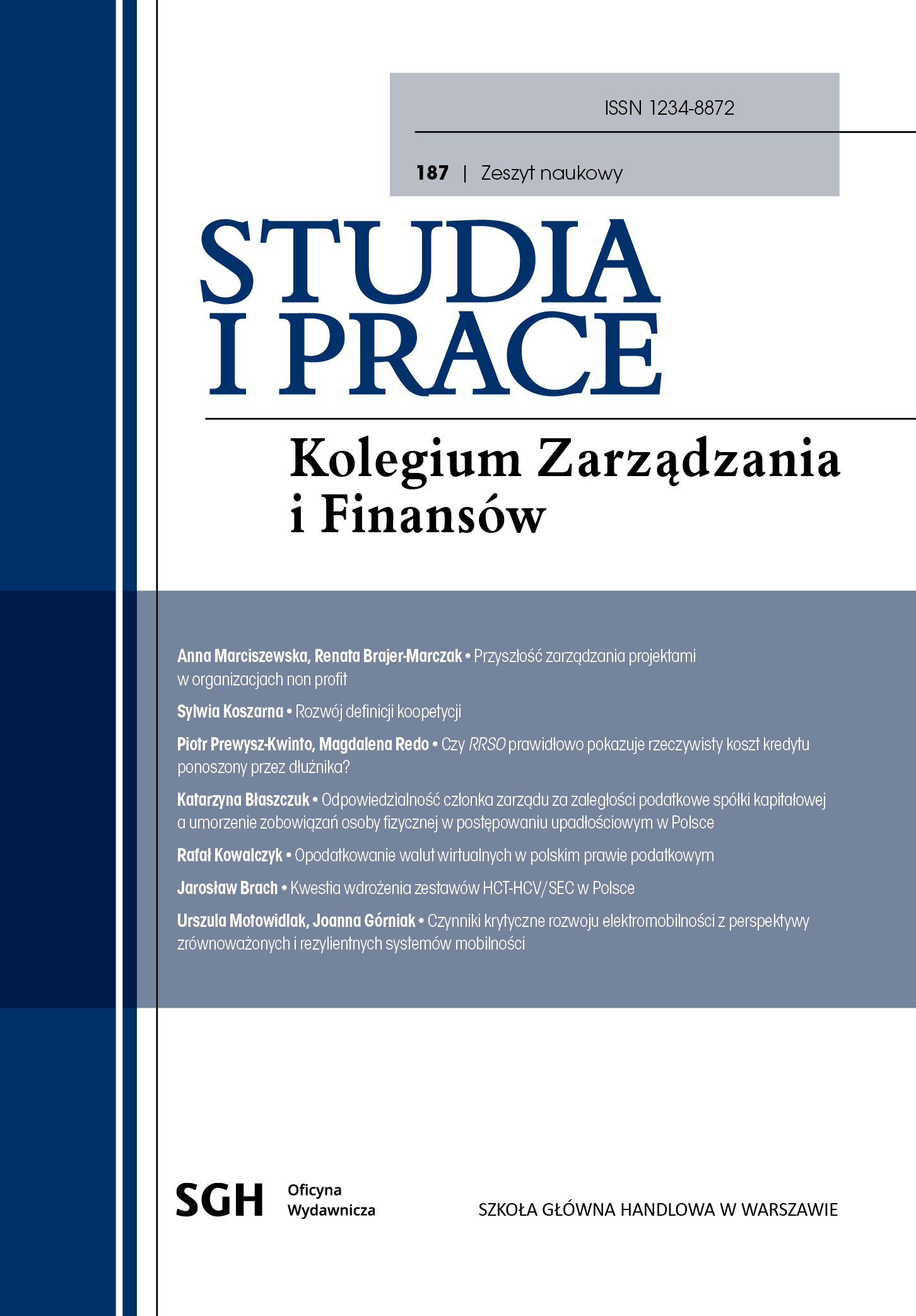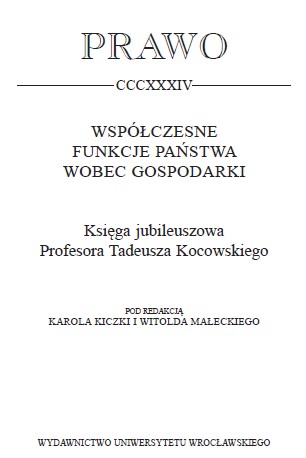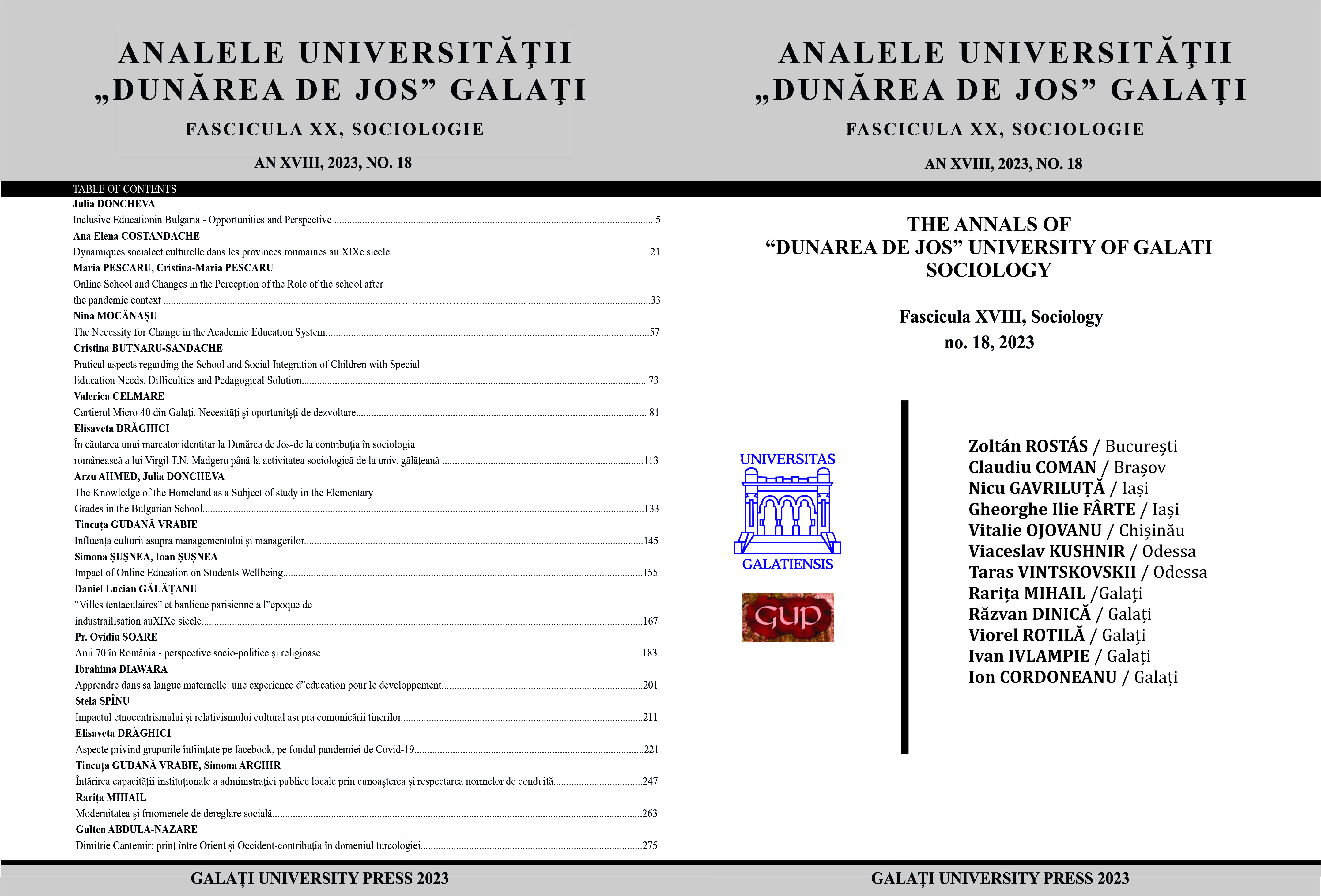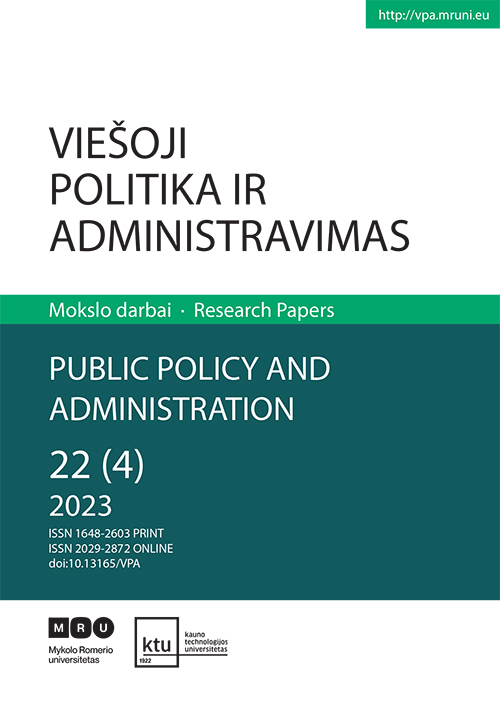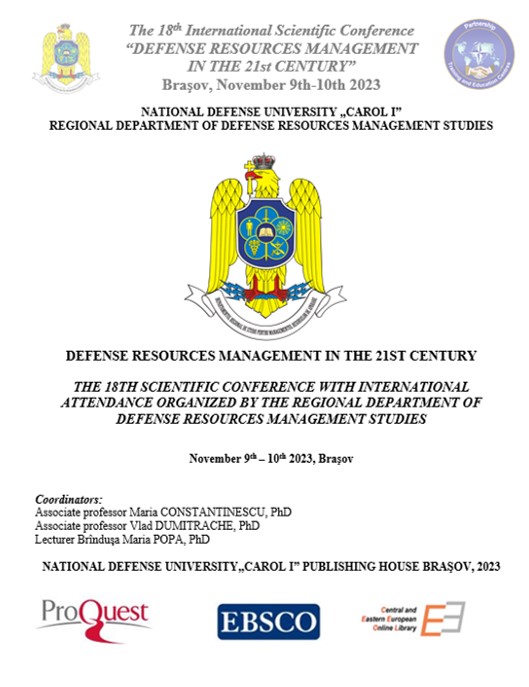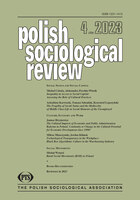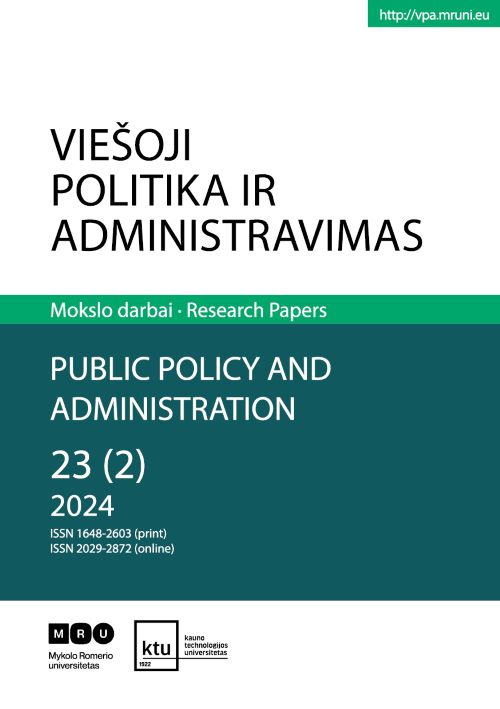Author(s): Julija Melnikova,Jeļena Zaščerinska / Language(s): Lithuanian
Issue: 1/2015
The article discloses core principles as requirements for effective arrangements of the development of school heads’ competencies. It is argued that in the paradigm of change school leadership development should be a purposeful, consistent and coherent process, reflecting the needs of school heads at various stages of professional and organizational socializations (Bush, 2011; Hallinger, 2003; Huber, 2004). The principle of expediency requires the process of competencies development to be based on consistent analysis of needs for competencies. Needs analysis provides the crucial information to ensure that competencies development is purposeful, appropriate, valid and relevant. According to the principle of coherence the process of development of school heads’ competencies consists of three phases: pre-service preparation for school leadership; training of newly appointed school heads; in-service training of school heads or professional development. Pre-service training relates to preparation for the generic role of principal, including the development of appropriate professional norms and the acquisition of relevant competencies. Training of newly appointed school heads refers to the induction of a newly appointed principal to the specific school context. This includes diagnosis of the issues facing the school and its community, becoming familiar with the strengths, limitations and needs of staff and pupils, and developing and communicating a specific vision for the school. In-service training or professional development is usually tied with certification requirements. According to the principle of continuity school leadership development is tailored to career path and involves stages form emergent leadership finishing with consultant leadership. The framework is valuable because it acknowledges the distributed nature of school leadership and shows the importance of lifelong learning for school heads.On the basis of empiric research data school heads’ viewpoints on the arrangements of competencies development in Lithuania were highlighted. The survey, in which 352 principals form the whole Lithuania took part, was aimed on disclosing respondents’ attitudes towards the opportunities for competencies development in Lithuania, quality and relevancy of leadership development provision, certification procedure.The leadership development system in Lithuania was evaluated as more inefficient then efficient (33,6 %) or inefficient (20,4 %). 51,3 % of respondents pointed, that needs for competencies development, tailored to management career stages in education, are not satisfied. 59,9 % - argued, that induction is the most important phase in leadership development process and more support should be provided for beginning principals. The problems, school principals encounter with while developing their competencies, are: the lack of competent trainers (59,2 %), insufficient financing (42,8 %), lack of relevant and topical programmes (27%), traditional forms and methods (27%), location of institutions-providers of training (25 %). The most effective leadership development sessions are organized at school level (M = 3,2; sd = 0,731), experienced school heads are the most effective lecturers (M = 3,1; sd = 1,038). 40,1 % of school principals approve the certification procedure, however 48,7 % of respondents would like it to be more associated with school results.Having generalized the viewpoints of respondents on the arrangements of school leadership development in Lithuania, the following trends have become apparent. In the opinion of the major part of respondents, there is a lack of attention spent on organization of leadership development: the consistency, coordination and clear priorities are not ensured. The principles of coherence and continuity are not implemented, the consistent analysis of school heads’ needs for competencies development does not take place. To the mind of respondents, the network of institutions that provide professional development services is extensive, the effective information about the provided services is ensured, however, the distribution of functions among institutions is not distinct. The certification procedure is quite complex, undifferentiated according to school heads’ needs and purposes of their organizations, the objectivity of certification is not sufficient.The respondents are not fully satisfied with the relevancy of the content of leadership development as well as with its quality. The choice of competencies development programmes / events / sessions on various topics is extensive but chaotic, is not sufficiently tied with aspects of school activity, and does not reflect the work-place requirements and needs. The respondents pointed that traditional forms of competencies development (seminars, individual consultations, conferences), methods (lectures, discussions, questions-answers) prevail in leadership development. The most positive evaluation received competencies development sessions, organized at school level and opportunities for competencies development in foreign countries. The theoretical preparation and ability to transfer practical expertise of lecturers-practitioners was evaluated at the highest rate.On the basis of research results, it could be stated that the effective arrangements of school heads’ competencies development would be ensured by: clear vision and priorities, which reflect the challenges of systemic change; consistent analysis of needs for competencies development; coherence with legal documents that regulate school heads competencies, management activity, certification; appropriate financing. Seeking to ensure the principles of coherence and continuity, more attention should be paid to the development of teachers’ and novice heads’ competencies, specific strategies of support should be accessible.The network of institutions, providers of leadership development services, should be optimized; the system of preparation of adult educators / coachers / mentors should be created. Seeking to improve the certification procedure, alternative for certification forms should be anticipated, certification should be tailored to school heads’ needs and tied to schools’ results, more practitioners and representatives from school communities should take part as members of certification committees. The issues of school heads’ competencies and certification should be a jurisdiction of one particular institution, which would be responsible for competencies assessment. The methods of evaluation of the competencies, acquired through informal learning, should be established.According to the respondents, the content of leadership development should reflect individual needs of school heads and their schools, content should become more practical and work-based, tied to particular school’s activity. Relevant curriculum areas: leadership in education, human resource management, planning, public relations, school as learning organization. Experiential learning strategies, methods should be prevailing in school heads’ development, the variety of forms and methods should be ensured according to phases of leadership development. The development of competencies should be as classroom based as field based. Specialists with practical experience in education management would better play a part of educators. The system of quality assessment of leadership development provision should be created.
More...


